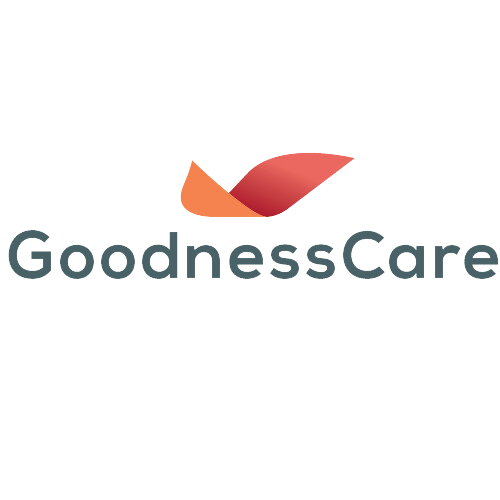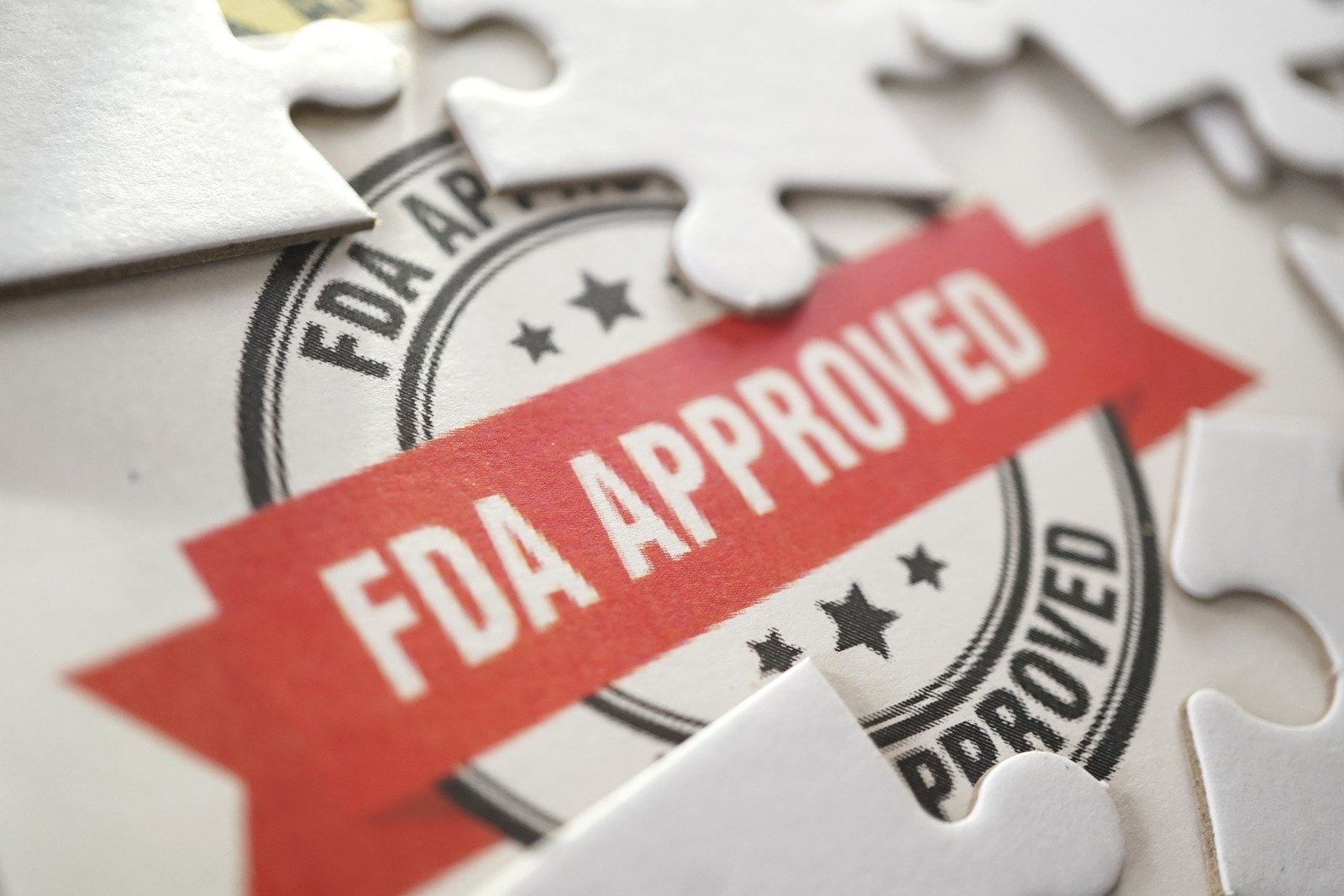The pharmaceutical industry serves as a cornerstone in the healthcare sector, vital in ensuring the availability and distribution of life-saving medicines and innovative healthcare products. Within this dynamic industry, a pharmaceutical distributor (a drugstore or agent) is crucial in connecting manufacturers with doctors and ensuring the seamless flow of essential medications and healthcare solutions to those in need. If you aspire to become a key player in this critical sector, here’s a comprehensive guide to help you navigate the path to becoming a successful pharmaceutical distributor or agent.
Understand the Pharmaceutical Industry
Understanding the pharmaceutical industry is paramount for anyone looking to become a successful pharmaceutical distributor or agent. This knowledge encompasses various aspects, including the industry’s structure, regulatory landscape, market trends, and technological advancements. Here is a detailed breakdown of the key components to consider when understanding the pharmaceutical industry:
- Industry Structure: Gain insights into the structure of the pharmaceutical industry by familiarizing yourself with its key players, including pharmaceutical manufacturers, distributors, wholesalers, retailers, and doctors. Understand the roles and responsibilities of each entity in the supply chain, from drug development and manufacturing to distribution and sales. Study the relationships between pharmaceutical companies and regulatory authorities and the dynamics influencing pricing, product availability, and market competition.
- Regulatory Landscape: Delve into the regulatory landscape governing pharmaceutical products nationally and internationally. Familiarize yourself with regulatory bodies such as the Food and Drug Administration (FDA), the European Medicines Agency (EMA), and similar agencies. Understand the stringent guidelines and protocols that govern drug approval, manufacturing standards, labeling requirements, and post-market surveillance.
- Market Trends and Demographics: Analyze current market trends and demographic factors that influence the demand for pharmaceutical products. Study disease prevalence, population demographics, and healthcare expenditure patterns to identify potential market opportunities and areas of unmet medical needs.
- Technological Advancements: Keep abreast of technological advancements driving innovation within the pharmaceutical industry. Explore developments in drug discovery, formulation technologies, and manufacturing processes that enhance the efficiency and efficacy of pharmaceutical products.
Recruit the right Medical Sales Rep Team
Building a high-performing medical sales rep team is critical to establishing yourself as a successful pharmaceutical distributor. Your team of medical sales representatives will be the frontline ambassadors for the innovative healthcare products you distribute. Here’s a guide to recruiting and managing an effective medical sales team:
- Identify Key Roles and Responsibilities: Define your medical sales team’s roles and responsibilities. This may include positions such as Sales Representatives, Key Account Managers, and Product Specialists. Clearly outline the expectations for each role, considering the diverse needs of your target market and the specific therapeutic areas your products address.
- Seek Industry Experience: Look for candidates with a pharmaceutical or healthcare sales background. Industry experience brings a deep understanding of the regulatory landscape, familiarity with medical terminology, and established relationships with healthcare professionals. Previous experience in medical sales equips your team with the insights needed to navigate the complexities of the healthcare industry.
- Emphasize Product Knowledge: Medical sales representatives must comprehensively understand the pharmaceutical products they are selling. During the recruitment process, assess candidates for their ability to grasp technical details, articulate product features and benefits, and stay informed about industry advancements. This ensures that your team can effectively communicate the value of your products to doctors.
- Evaluate Communication and Interpersonal Skills: Effective communication is paramount in medical sales. Assess candidates for strong verbal and written communication skills. Look for individuals who can tailor their communication to different audiences, including healthcare professionals, administrators, and distributors.
- Sales Track Record: Consider candidates with a proven track record in sales, preferably within the healthcare or pharmaceutical sector. Look for individuals who have successfully met sales targets, built customer relationships, and navigated complex sales cycles. A history of achievement indicates the ability to thrive in the competitive pharmaceutical distribution landscape.
- Embrace Diversity: Aim for diversity in your medical sales team. A diverse team brings a range of perspectives and approaches, enhancing your ability to connect with a broad customer base. Consider cultural competency, language proficiency, and a mix of experiences that align with the diverse healthcare landscape.
- Provide Ongoing Training: Invest in ongoing training programs once your medical sales team is assembled. This ensures your team stays current with product knowledge, industry regulations, and evolving sales strategies. Continuous learning fosters a culture of excellence, empowering your team to adapt to changing market dynamics and deliver exceptional value to your clients.
- Leverage Technology: Equip your medical sales team with the necessary technological tools to enhance efficiency. Provide access to customer relationship management (CRM) systems, digital communication platforms, and relevant sales analytics tools. This enables your team to streamline workflow, track customer interactions, and leverage data-driven insights for strategic decision-making.
- Foster a Collaborative Culture: Encourage collaboration within your medical sales team. Foster an environment where team members can share insights, collaborate on strategies, and learn from each other’s experiences. A collaborative culture enhances problem-solving capabilities and creates a supportive atmosphere for professional growth.
- Set Clear Goals and Metrics: Define clear goals and performance metrics for your medical sales team. Establishing measurable targets provides clarity and motivates your team to achieve success. Regularly review performance metrics, provide constructive feedback, and recognize achievements to maintain high motivation and engagement.
Acquire the Necessary Education and Training
Acquiring the necessary education and training is instrumental for individuals aspiring to excel as pharmaceutical distributors or agents. This process involves a comprehensive approach to learning, encompassing formal education, specialized courses, certifications, and industry networking opportunities. Here’s a detailed elaboration on the key components to consider when acquiring the necessary education and training within the pharmaceutical industry:
- Formal Education in Pharmaceutical Sciences or Business Management: Consider pursuing a formal education in pharmaceutical sciences, business management, or a related field to develop a strong foundation of knowledge and skills relevant to the pharmaceutical industry. Enroll in undergraduate or graduate programs offering comprehensive pharmaceutical chemistry, pharmacology, healthcare management, and business administration coursework.
- Specialized Courses or Certifications in Pharmaceutical Distribution and Supply Chain Management: Augment your educational background with technical courses or certifications focused on pharmaceutical distribution, logistics, and supply chain management. Explore programs that provide in-depth training in inventory management, warehousing practices, transportation logistics, and regulatory compliance requirements specific to the pharmaceutical industry. Gain practical insights into quality assurance protocols, Good Distribution Practices (GDP), and cold chain management strategies that ensure safe and efficient distribution of temperature-sensitive pharmaceutical products.
- Regulatory Compliance and Quality Control Training: Invest in training programs emphasizing regulatory compliance and quality control standards within the pharmaceutical industry. Familiarize yourself with Good Manufacturing Practices (GMP), Good Clinical Practices (GCP), and Good Laboratory Practices (GLP) to ensure adherence to established quality assurance protocols throughout the pharmaceutical supply chain.
- Workshops, Seminars, and Industry Conferences: Participate in workshops, seminars, and industry conferences that offer valuable insights into the latest developments, emerging trends, and best practices within the pharmaceutical sector. Engage with industry experts, thought leaders and regulatory authorities to gain practical knowledge, share experiences, and foster meaningful connections within the pharmaceutical community.
- Continuous Professional Development: Embrace a constant learning and professional development culture by staying abreast of industry advancements and educational opportunities. Pursue online courses, webinars, and e-learning modules that offer flexible learning options and enable you to expand your knowledge base and skill set at your convenience.
Foster Essential Skills
Fostering essential skills is crucial for individuals aiming to excel as pharmaceutical distributors or agents. Cultivating a diverse set of skills, including effective communication, negotiation prowess, market trend analysis, and analytical acumen, empowers professionals to navigate the complexities of the pharmaceutical industry and foster sustainable business growth. Here’s a detailed elaboration on the key components to consider when fostering essential skills within the pharmaceutical sector:
- Strong Communication Skills: Develop strong verbal and written communication skills to establish clear and concise dialogue with pharmaceutical manufacturers, doctors, and regulatory authorities. Cultivate the ability to articulate complex pharmaceutical concepts and product specifications to diverse audiences.
- Effective Negotiation Techniques: Hone effective negotiation techniques to navigate complex business agreements, pricing contracts, and distribution partnerships within the pharmaceutical industry. Develop a strategic approach to negotiating favorable terms, pricing structures, and distribution agreements that align with market demands and business objectives.
- Market Trend Analysis: Cultivate a keen eye for market trends and consumer preferences by conducting comprehensive market research, competitive analysis, and consumer behavior studies within the pharmaceutical sector. Stay updated on emerging healthcare trends, regulatory changes, and competitive dynamics that influence the demand for pharmaceutical products and healthcare solutions.
- Analytical Abilities: Sharpen your analytical abilities to interpret complex data, extract actionable insights, and make informed decisions that drive business growth and optimize distribution strategies within the pharmaceutical industry. Develop proficiency in data analysis, statistical modeling, and trend forecasting to identify key performance indicators, measure market penetration, and evaluate the efficacy of marketing initiatives and distribution campaigns.
- Relationship Building and Collaboration: Foster relationship-building skills and a collaborative mindset to establish strong partnerships with pharmaceutical manufacturers, distributors, doctors, and regulatory authorities. Cultivate a collaborative work environment that encourages cross-functional teamwork, knowledge sharing, and innovative problem-solving to overcome industry challenges and drive collective success.
Navigate Regulatory Compliance
The pharmaceutical industry operates within a stringent regulatory framework to ensure the safety and efficacy of medical products. Familiarize yourself with the regulatory requirements for pharmaceutical distribution in your target market. Stay informed about licensing procedures, quality assurance protocols, and product registration guidelines to ensure compliance with local and international standards. Collaborate with legal advisors and industry experts to navigate the regulatory complexities and maintain a transparent and ethically sound distribution process.
Build a Robust Network
Strong connections within the pharmaceutical industry are essential for building a successful distribution network. Forge strategic partnerships with reputable manufacturers, wholesalers, and healthcare institutions to expand your product portfolio and market reach. Cultivate lasting relationships with key stakeholders, including regulatory authorities and industry associations, to garner valuable insights and stay ahead of regulatory changes and market trends. Leverage digital platforms and social media to enhance your online presence and foster meaningful collaborations within the global pharmaceutical community.
Craft a Comprehensive Business Plan
Develop a well-defined business plan that outlines your short-term and long-term goals, financial projections, and marketing strategies. Identify your target market segments and tailor your distribution approach to meet the specific healthcare needs of diverse communities. Prioritize customer satisfaction and product quality to build a strong reputation within the industry. Integrate sustainable practices and innovative technologies into your distribution model to streamline operations and enhance the efficiency of your supply chain.
Challenges
Becoming a successful pharmaceutical distributor or agent comes with challenges that individuals must navigate effectively to establish a strong foothold in the competitive pharmaceutical industry. Understanding and addressing these challenges is crucial for aspiring professionals seeking to thrive in the pharmaceutical distribution and marketing landscape. Here’s a detailed section outlining the key challenges to becoming a pharmaceutical distributor or agent:
- Regulatory Compliance and Market Entry Barriers: Navigating the complex regulatory landscape and overcoming market entry barriers pose significant challenges for pharmaceutical distributors and agents. Meeting stringent regulatory requirements, obtaining the necessary licenses, and complying with quality assurance standards demand a thorough understanding and meticulous adherence to diverse national and international regulatory frameworks.
- Supply Chain Management Complexities: Managing supply chains, ensuring product integrity, and maintaining optimal inventory levels present inherent challenges for pharmaceutical distributors and agents. Overcoming supply chain complexities, including temperature-sensitive product handling, cold chain management, and global distribution logistics, requires the implementation of advanced supply chain technologies, robust inventory management systems, and streamlined distribution networks that minimize product wastage, prevent stockouts, and ensure timely delivery of pharmaceutical products to doctors and patients.
- Competitive Market Dynamics and Pricing Pressures: Navigating competitive market dynamics, managing pricing pressures, and differentiating product offerings pose significant challenges for pharmaceutical distributors and agents. Addressing pricing pressures stemming from market competition, generic drug alternatives, and fluctuating reimbursement models requires strategic pricing strategies, market segmentation approaches, and value-added service offerings that highlight product differentiation, promote brand value, and ensure sustainable profitability within the competitive pharmaceutical distribution landscape.
- Technological Advancements and Digital Transformation: Embracing rapid technological advancements, navigating digital transformation, and integrating innovative technologies into traditional distribution models present inherent challenges for pharmaceutical distributors and agents. Adapting to digital platforms, implementing advanced supply chain technologies, and leveraging data analytics for informed decision-making demand investments in specialized IT infrastructure, workforce training, and technology-driven solutions that enhance operational efficiencies, optimize inventory management, and streamline distribution processes within the pharmaceutical industry.
- Evolving Healthcare Landscape and Patient-Centric Care: Adapting to the changing healthcare landscape, addressing patient-centric care needs, and catering to diverse demographic segments pose significant challenges for pharmaceutical distributors and agents. Understanding developing healthcare trends, personalized medicine interventions, and patient-centered care models demands a comprehensive understanding of patient demographics, healthcare preferences, and disease management strategies that align with the evolving needs of diverse patient populations.
By addressing these key challenges with proactive strategies, industry expertise, and a customer-centric approach, pharmaceutical distributors and agents can position themselves for sustainable growth, competitive advantage, and long-term success within the dynamic and ever-evolving pharmaceutical distribution and marketing landscape. Embracing a proactive approach to overcoming challenges fosters resilience, promotes industry innovation, and drives positive impact within the global healthcare ecosystem.





